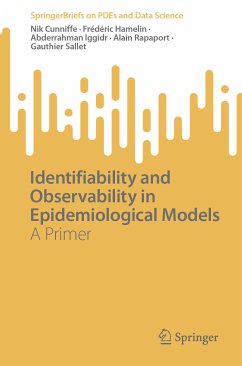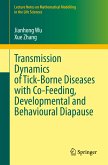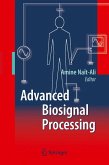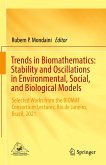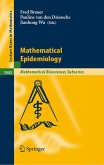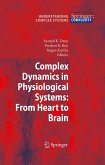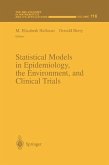This book introduces the concepts of identifiability and observability in mathematical epidemiology, as well as those of observers' constructions. It first exposes and illustrates on several examples the mathematical definitions and properties of observability and identifiability. A chapter is dedicated to the well-known Kermack McKendrick model, for which the complete analysis of identifiability and observability is not available in the literature. Then, several techniques of observer constructions, in view of online estimation of state and parameters, are presented and deployed on several models. New developments relevant for applications in epidemiology are also given. Finally, practical considerations are discussed with data and numerical simulations related to models previously analysed in the book.
The book will be appealing to epidemiological modellers and mathematicians working on models in epidemiology.
This book contributes to Sustainable Development Goal 3 (SDG3): Good Health and Well Being.
Dieser Download kann aus rechtlichen Gründen nur mit Rechnungsadresse in A, B, BG, CY, CZ, D, DK, EW, E, FIN, F, GR, HR, H, IRL, I, LT, L, LR, M, NL, PL, P, R, S, SLO, SK ausgeliefert werden.

